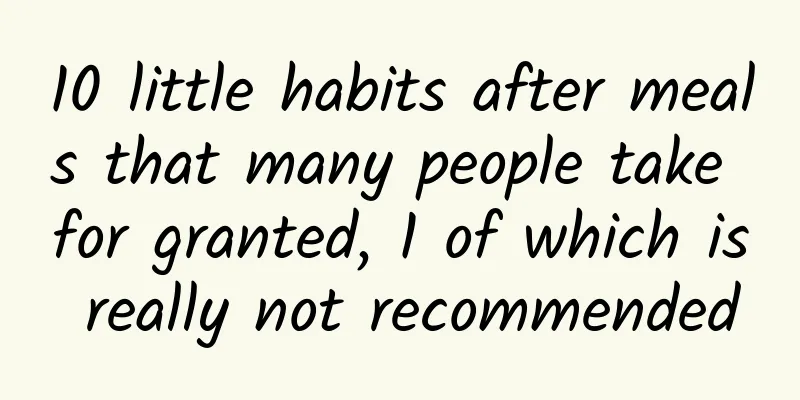Why do I feel so tired even though I just sit all day at work?

|
Everyone has probably experienced this moment at work: Although I am on the verge of going crazy inside, I still appear to be graceful on the surface, as if nothing has happened. For example, your boss requires you to keep your phone on 24 hours a day and reply to group messages immediately. You feel speechless inside, but can only reply “OK, got it” in the WeChat chat box. A customer suddenly makes an inexplicable request, and you know it is unreasonable, but you still have to work overtime to complete it. It is obviously a simple collaboration, but your colleagues have various reasons and refuse to cooperate... These moments are defined as "emotional labor" by sociologist Stephen Hochschild in The Cultivation of the Mind. Now, "emotional labor" has become the third type of labor in addition to physical labor and mental labor, and is even more exhausting than work itself. It consumes the happiness of "workers" day after day, making people lose their enthusiasm for work and life. So, how should we take care of our emotions, make ourselves more comfortable, work more smoothly, and make our leaders more satisfied? |
<<: In addition to aspartame, plants can also be "sweet"!
Recommend
How to eat Fritillaria best
Fritillaria is a traditional Chinese medicine, an...
Effects and functions of Huang Xixin
Huang Xixin is a kind of traditional Chinese medi...
The efficacy and function of Xinjiang Corydalis
When it comes to Xinjiang Corydalis, we are all f...
Developing rockets and satellites and training astronauts, what is the potential for Russian-North Korean space cooperation?
Recently, Russian officials said that the Russian...
What are the main effects of raw Polygonum multiflorum?
Raw Polygonum multiflorum is a common medicinal m...
Are there ancient monuments in the "cloud"? Put on technological "armor" for Beijing's central axis!
The Beijing Central Axis is like a link that trav...
Did Bai Juyi also suffer from depression? Is it the same as what we are talking about today?
Therefore, the verses written on the river bridge...
What are the effects and functions of dried toad grass?
Toad grass is a very common plant in daily life. ...
The efficacy and function of the Chinese herbal medicine Eclipta prostrata and its edible method
Eclipta prostrata is a plant of the Asteraceae fa...
How does the gyroscope that is indispensable to smartphones work?
If you place a spinning top on a table, it will f...
How long can a cut watermelon be kept, 1 day, 2 days?
Let me give you the answer first: It is recommend...
Contraindications of Yuling Paste
I believe that most women are familiar with Yulin...
There is a dragon named "Zhu Po" - the prototype of the dragon is the Yangtze alligator?
2024 is the Year of the Dragon in the lunar calen...
How did carambola become the "most unpalatable" fruit in the world?
If some fruits win popularity with their taste, t...
How scary are these cute animals behind the scenes?
One minute with the doctor, the postures are cons...









